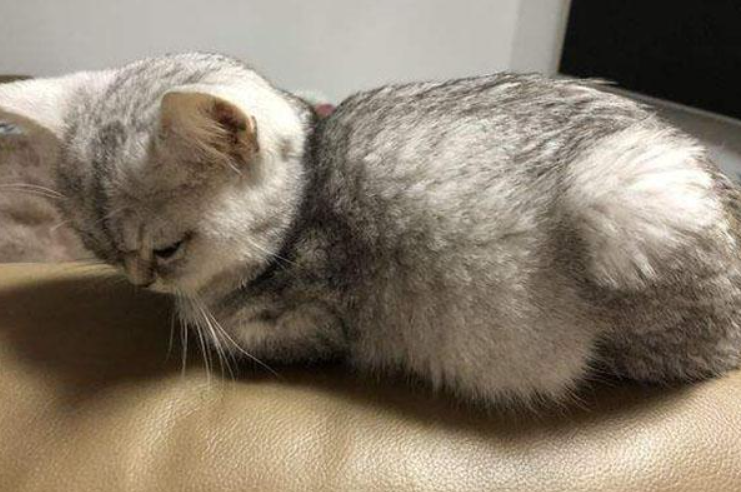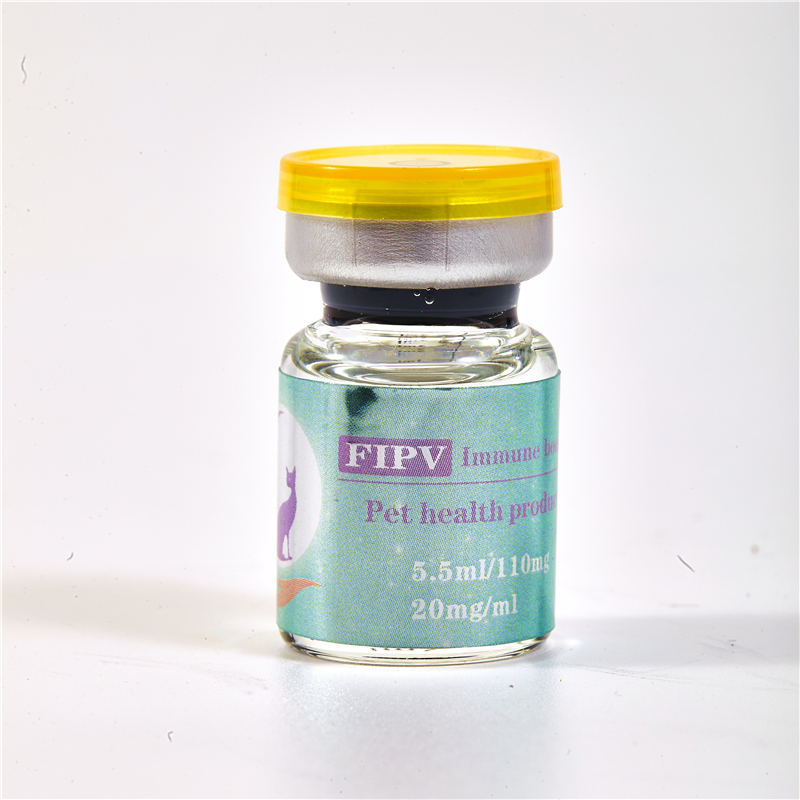FIP (Feline Infectious Peritonitis) is a disease caused by a feline coronavirus and there is currently no specific treatment. Cats with FIP often require comprehensive supportive therapy to improve their quality of life. Here are some suggestions, but please note that all treatments should be done in consultation with your veterinarian:

but please note that all treatments should be done in FIP consultation with your veterinarian:
- Isolate infected cats: Isolate cats infected with FIP from other cats to reduce the spread of the virus. FIP is a highly contagious disease and isolation treatment is the best option.
- Provide a comfortable environment: Provide cats with FIP in a quiet, warm, comfortable environment away from other cats who may be carrying coronavirus.
- Dietary management: Provide highly nutritious, easily digestible food to maintain the affected cat’s weight and provide adequate energy. If your cat is unwilling to eat, you can try offering yummy treats or talk to your veterinarian about nutritional supplements.
- Maintain fluid intake: Make sure affected cats have adequate water sources to prevent dehydration.
- Control symptoms: Depending on the symptoms, your veterinarian may recommend medication to relieve your cat’s discomfort, such as fever, pain, etc.
- Regular Checkups: Have regular veterinary checkups to monitor the progression of the condition and adjust treatment options.
- Provide psychological support: Although the disease is currently incurable, providing affected cats with adequate love and care can help improve their quality of life.
- Use Medications Properly: If your veterinarian recommends the use of medications, be sure to use them as directed and be aware of any possible side effects.
- Vaccine Prevention: Precautions, including vaccinations, should be taken with other cats, especially those sharing a living space with a cat with FIP.
- Reasonable treatment: 84 days of immunotherapy can be carried out by injection or oral administration of GS441524 to inhibit the replication of the virus in the cat’s body, thereby successfully curing the disease.
Keep in mind that treatments for FIP are very limited, and there are currently no effective drugs. Therefore, work closely with your veterinarian to check on the affected cat’s condition regularly to provide the best support and care.
